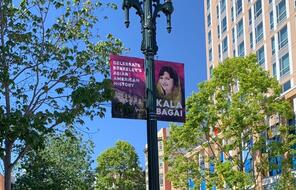Resource Library
Find compelling classroom resources, learn new teaching methods, meet standards, and make a difference in the lives of your students.
We are grateful to The Hammer Family Foundation for supporting the development of our on-demand learning and teaching resources.

Introducing Our US History Curriculum Collection
Draw from this flexible curriculum collection as you plan any middle or high school US history course. Featuring units, C3-style inquiries, and case studies, the collection will help you explore themes of democracy and freedom with your students throughout the year.
3349 Results
Teaching about the Ukrainian Refugee Crisis
Use this mini-lesson to introduce students to the experiences of Ukrainian refugees fleeing war, highlight inspiring ways people have stepped up to help, and raise ethical questions about the treatment of refugees from non-European countries.
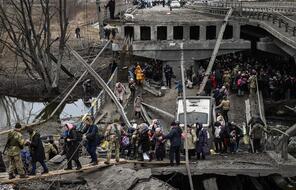
Holocaust Trivialization and Distortion
Use this mini-lesson to introduce students to contemporary examples of Holocaust trivialization and prompt reflection on the question “What are the implications of comparing current events to the Holocaust?”
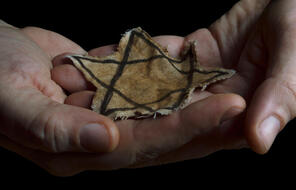
What Does It Mean to Live with Social Media?
In this mini-lesson, students sharpen their media literacy skills as they evaluate the impact of social media on their lives and question how we can manage social media’s harmful effects.

My Part of the Story Assessment Ideas
Create a final assessment or project for your students before launching the next part of your course on US history, civics, or literature.
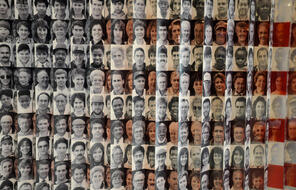
Preparing to Journey to the Mississippi Delta
Consider the talk Mamie Till-Mobley had with her son Emmett before he traveled to Jim Crow-era Mississippi in 1955 and the dangers that prompted her concern.

Staging the Compelling Question
Students are introduced to the themes of the compelling question by exploring the concept of borders and learning about the Chinese Exclusion Act.

The Ethics of Generative AI in the Classroom
This is the first mini-lesson in a two-part series on the impact generative AI tools such as ChatGPT and DALL-E have on education.
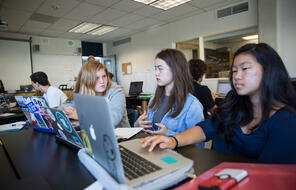
Contextualizing Emmett Till’s Murder
Students explore the importance of context and learn about Emmett Till’s murder in Jim Crow-era Mississippi.
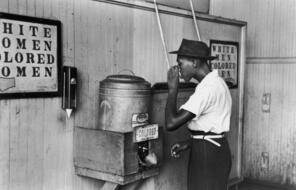
Understanding the Conditions that Lead to “Ethnic Cleansing"
Help students understand news from Myanmar about the persecution of the Rohingya by analyzing a New York Times article.

Supporting Question 1: The History of the Angel Island Immigration Station
Students explore the supporting question “How did the Angel Island Immigration Station both reflect and enforce borders within American society?”
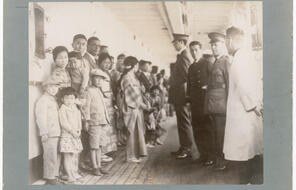
Supporting Question 2: The Impacts of Detention on Immigrants and Their Descendants
Students explore the supporting question “How did border enforcement at the Angel Island Immigration Station impact immigrants and their descendants?”


